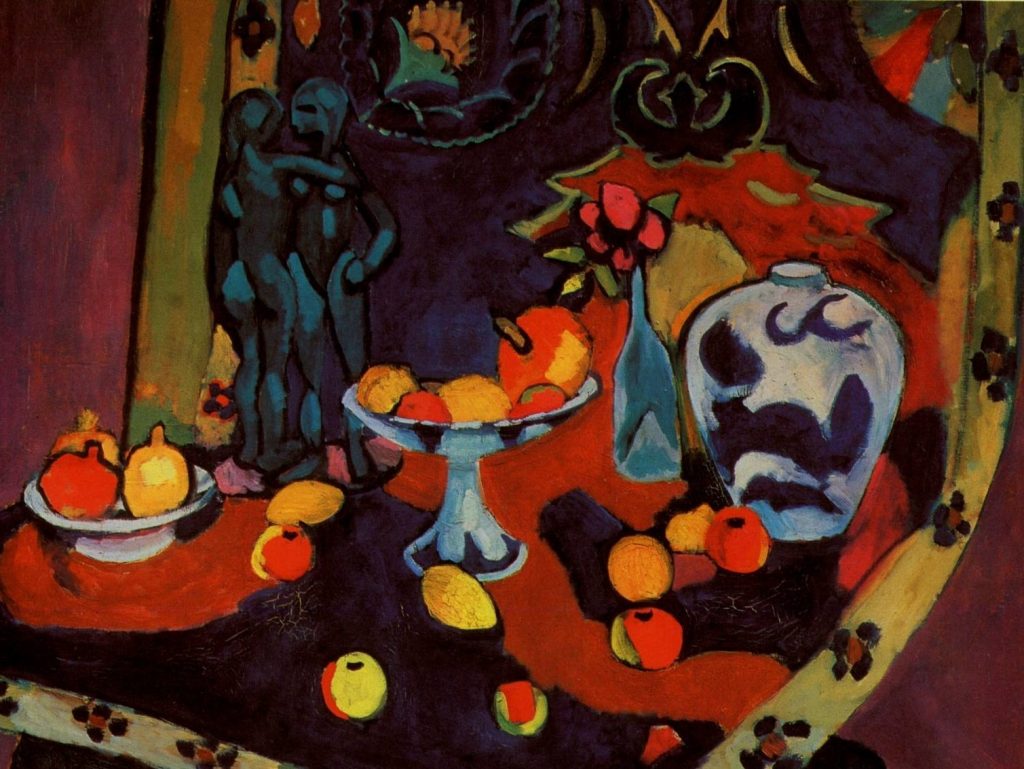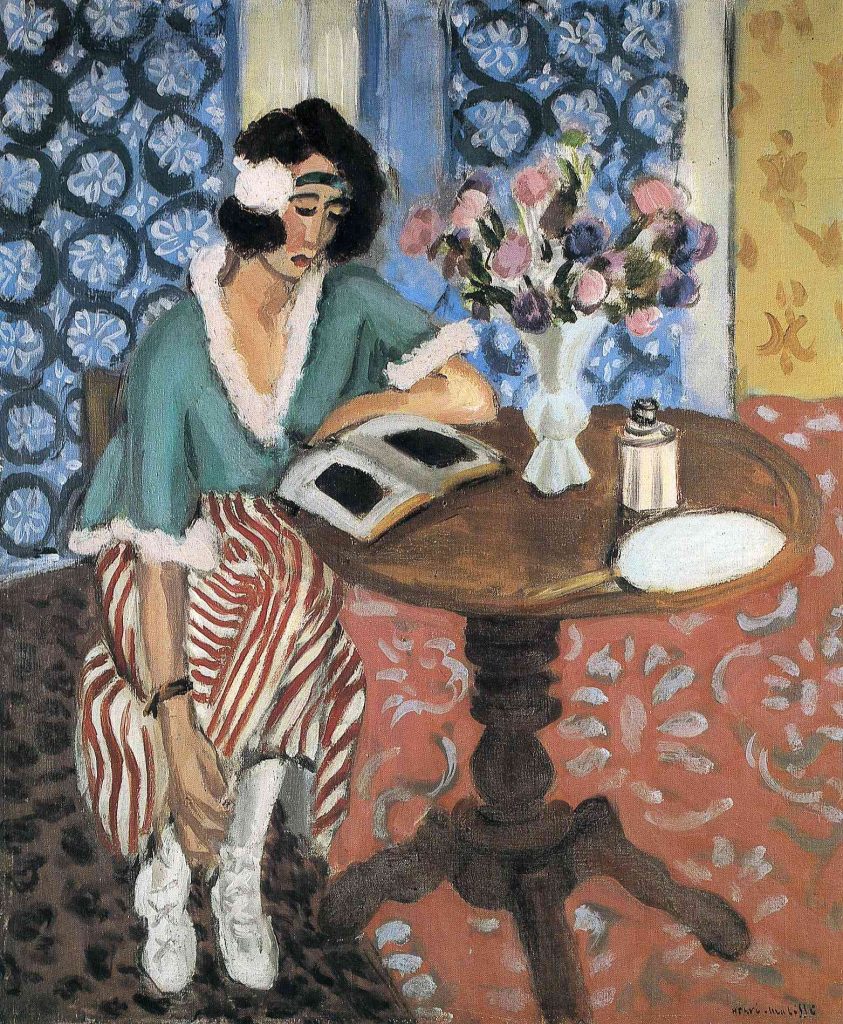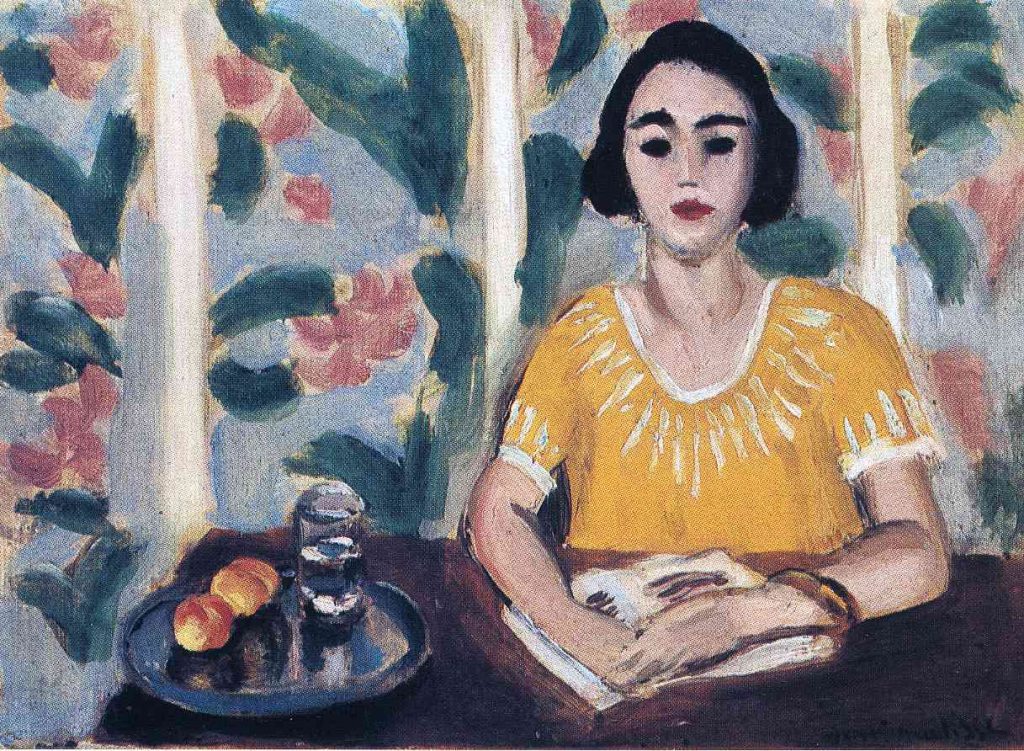 Summer harvests are in full swing, as are all kinds of inspired cooking. This time of year, Mother Earth doesn’t just entice us to stop and smell the roses; she invites us to savor the tomatoes, shuck the corn, can the berries and pickle the cucumbers. It is time to compose meals from greenmarkets, farm stands, and our own gardens. It is time for slow food.
Summer harvests are in full swing, as are all kinds of inspired cooking. This time of year, Mother Earth doesn’t just entice us to stop and smell the roses; she invites us to savor the tomatoes, shuck the corn, can the berries and pickle the cucumbers. It is time to compose meals from greenmarkets, farm stands, and our own gardens. It is time for slow food.
But “slow food” – a movement emphasizing local agriculture, livestock, and cuisines – is not just a literal concept. It is also figurative, a handy metaphor to describe the great pleasures and rewards of unplugging from the hustle and bustle of our fast-food culture. More than ever, summer is a wonderful time to surrender – to fruit, to flowers, and to the power and pleasure of a good, long book.
Whereas we once complained about the “twenty-four-hour news cycle,” social media platforms like Twitter have introduced 140-character news cycles – scandal after scandal tossed into an amnesiac abyss at an ever-increasing rate and with ever-decreasing reflection. And whereas television shows were once one-time-only “watercooler events,” movies were destination entertainment, and the news was reserved for the morning paper or the evening telecast, now a constant stream of video and written content can be viewed on our phones as we wait for the dentist or pretend to listen to friends.
The problem is that, just as a fast-food diet has a toxic effect on our bodies and environment, fast-food arts and news gravely compromises our mental and spiritual health.
 It’s hard to believe now, but when hyper-processed food first hit markets, it was heralded as a miraculously efficient nutrient delivery system, a way to liberate American housewives from the kitchen. Only when the uptick of diabetes, cancer, and heart disease became undeniable did we start to accept that fast food created more problems than solutions. Similarly, our country is in an infancy period when it comes to regulating our intake of media and technology. We have no idea of how the glut of undigested information afforded by new platforms will affect us in the long term.
It’s hard to believe now, but when hyper-processed food first hit markets, it was heralded as a miraculously efficient nutrient delivery system, a way to liberate American housewives from the kitchen. Only when the uptick of diabetes, cancer, and heart disease became undeniable did we start to accept that fast food created more problems than solutions. Similarly, our country is in an infancy period when it comes to regulating our intake of media and technology. We have no idea of how the glut of undigested information afforded by new platforms will affect us in the long term.
In the short term, most of us are nervous and numb. We’ve hit a point of saturation that has left us both undernourished and stuffed to the gills, especially since a certain Tweeter-in-Chief took office. We have become reactive rather than proactive, short-tempered and short-sighted, and almost incapable of focusing on one task at a time. We need to lower the volume of daily life and reduce the static to hear our true selves. But how?
Those with deep pockets can scoot off to some fancy meditation retreat, and our luddite pals can disappear off the grid entirely. But for the rest of us, a slow food approach to arts and media might do the trick. We need to lay aside our multiple screens every week, if not every day, to sit beneath trees and by water. We need to listen to whole albums. Ogle paintings at museums. And read whole books, especially of fiction and poetry.
It has been said by some that the current leader of the free world never reads books. This is not surprising, for reading requires the deference of ego and agenda in order to absorb another’s reality. To read a novel is to climb into someone else’s imagination. To read poetry is to hold a magnifying glass to the multitudes contained by every moment. (Thank you, Walt Whitman.) Whether we’re rhapsodizing over that madeleine with Proust, tsk-tsking over male-female congress with Jane Austen, suffering with Celie in Alice Walker’s  The Color Purple, sifting through the Detroit 1967 riot with Philip Levine via They Feed They Lion, literature slows our heartbeats, cools our tempers, lengthens our attention spans, and stills our minds. It builds emotional and intellectual flexibility and strength, and endows us with greater empathy and patience. It instills in us a radical receptivity to the worlds within and around us.
The Color Purple, sifting through the Detroit 1967 riot with Philip Levine via They Feed They Lion, literature slows our heartbeats, cools our tempers, lengthens our attention spans, and stills our minds. It builds emotional and intellectual flexibility and strength, and endows us with greater empathy and patience. It instills in us a radical receptivity to the worlds within and around us.
If we’re to transform our current dystopia, we must attain a better understanding of ourselves and each other. We must appreciate the nuance of every conflict and the struggle of every character. For we can no longer slouch to Bethlehem. We must read our way there with a slow and deliberate grace.
This was originally published at Signature. Art by Matisse.
